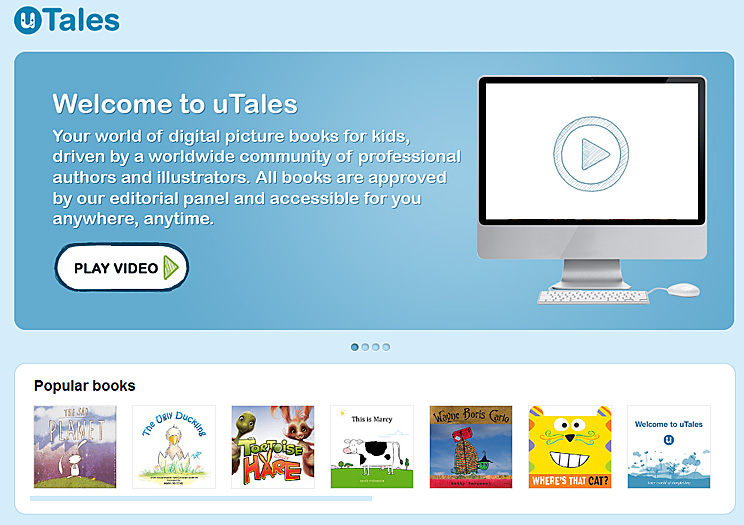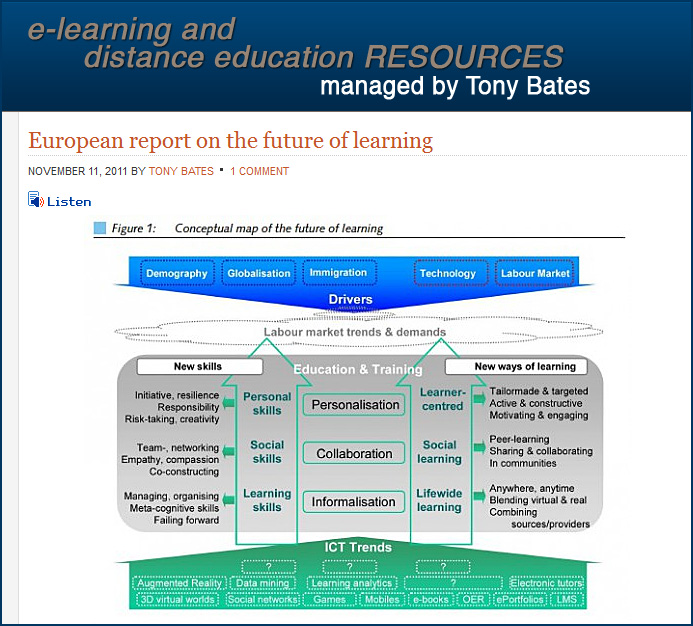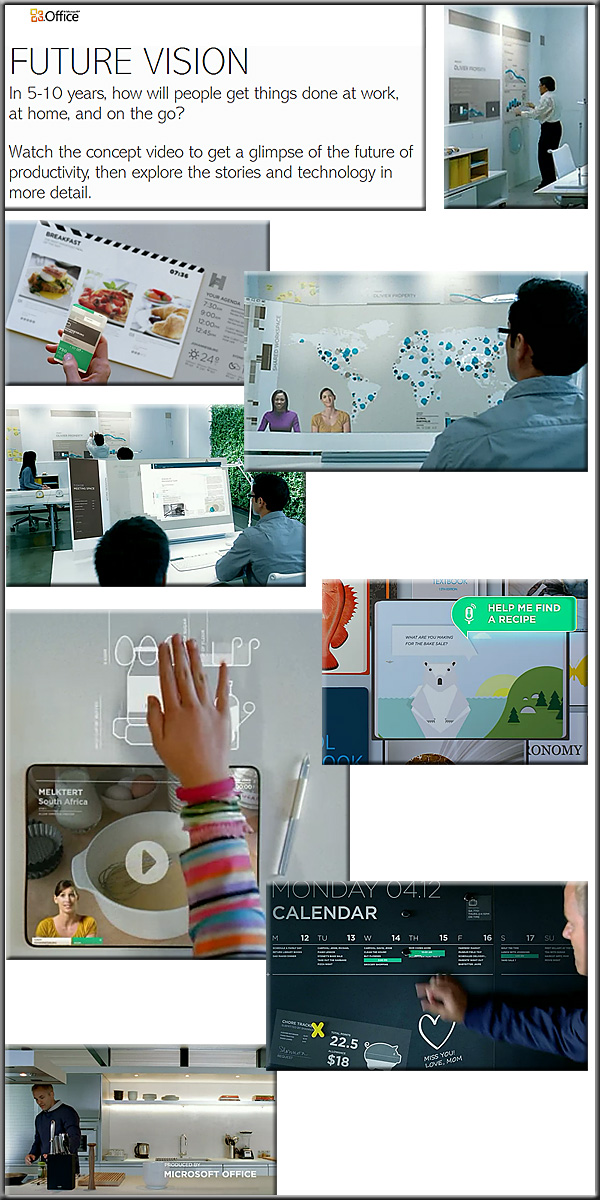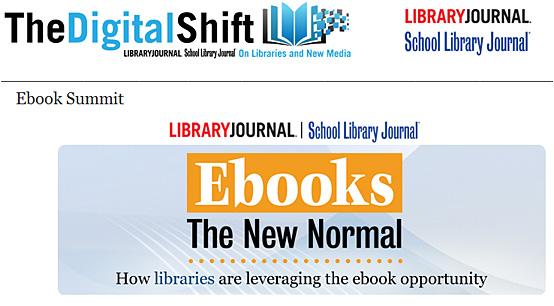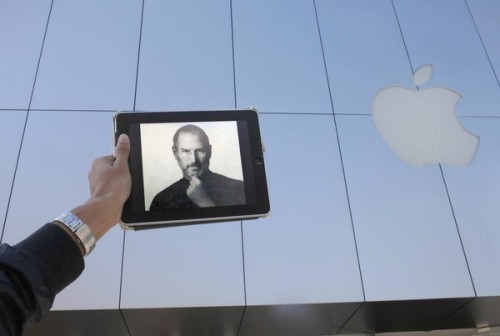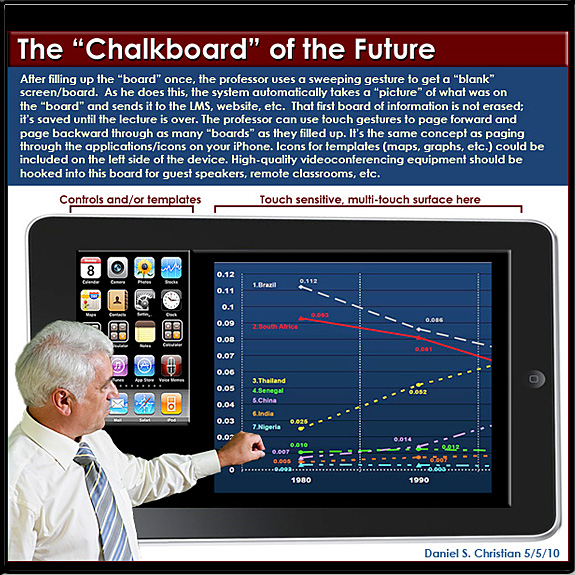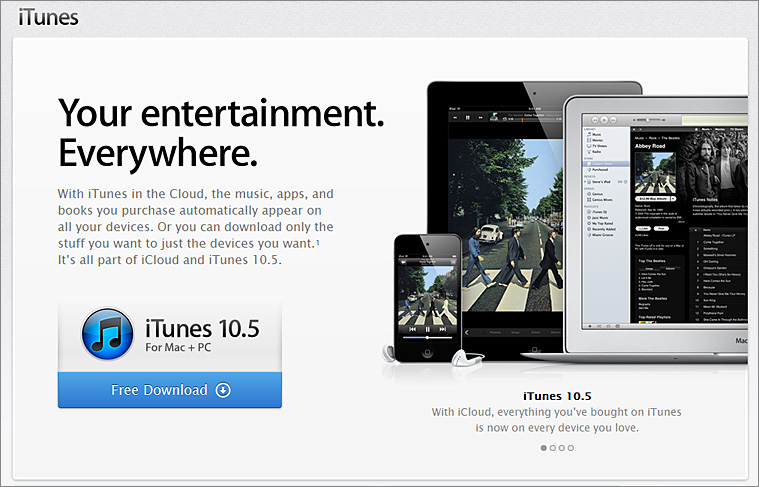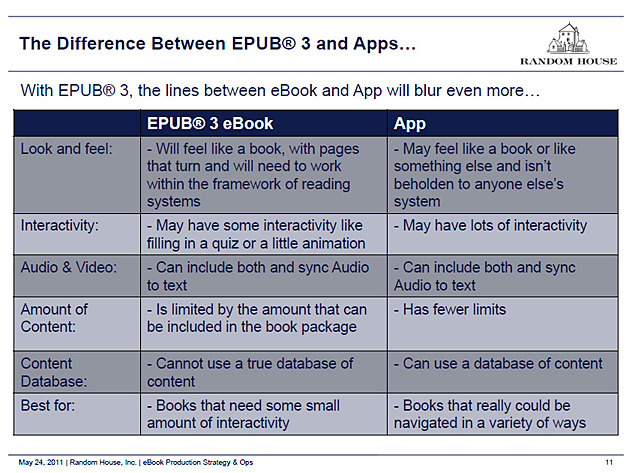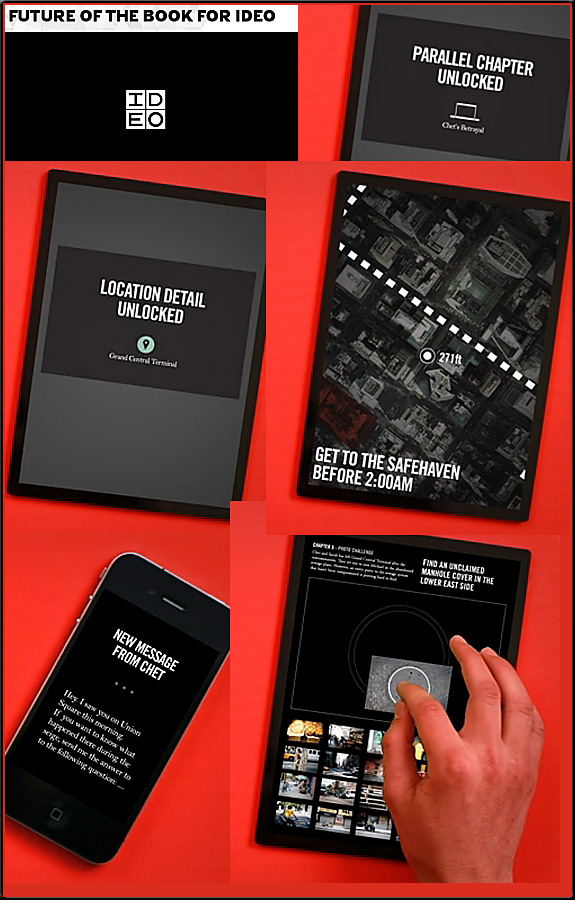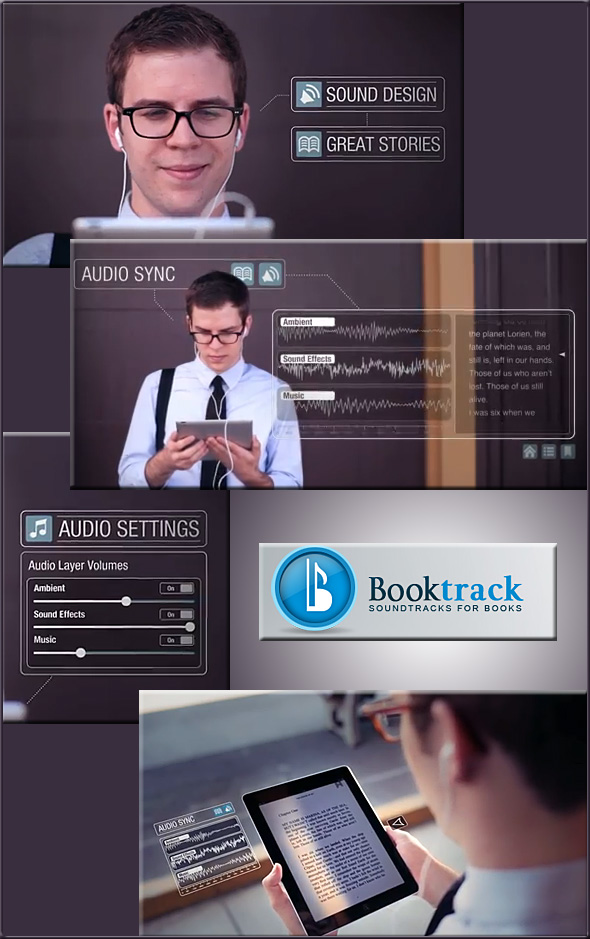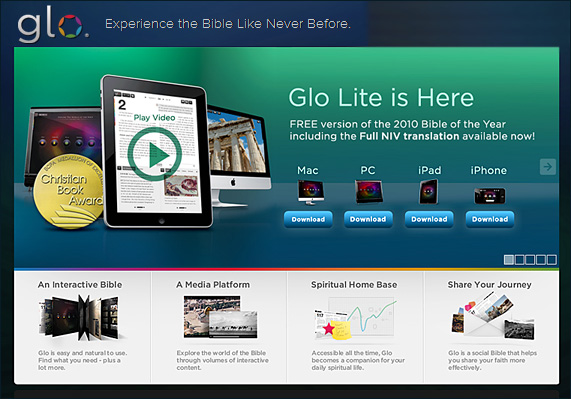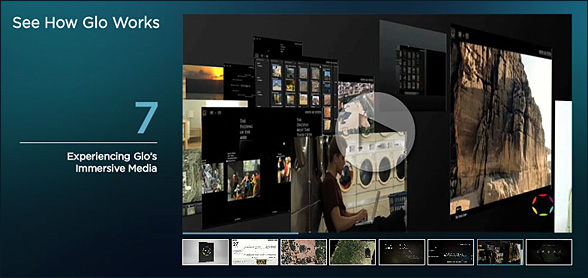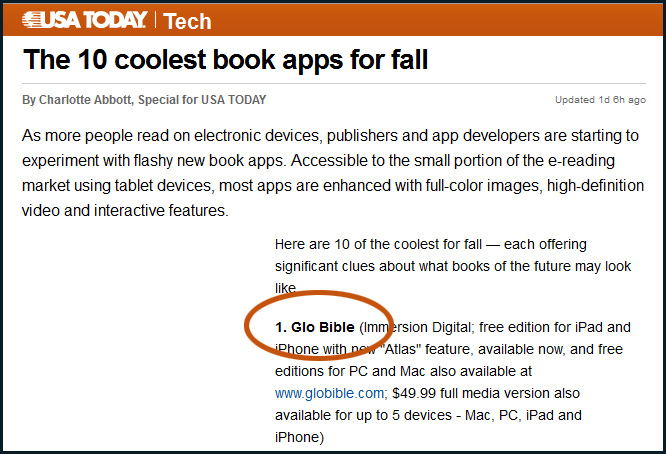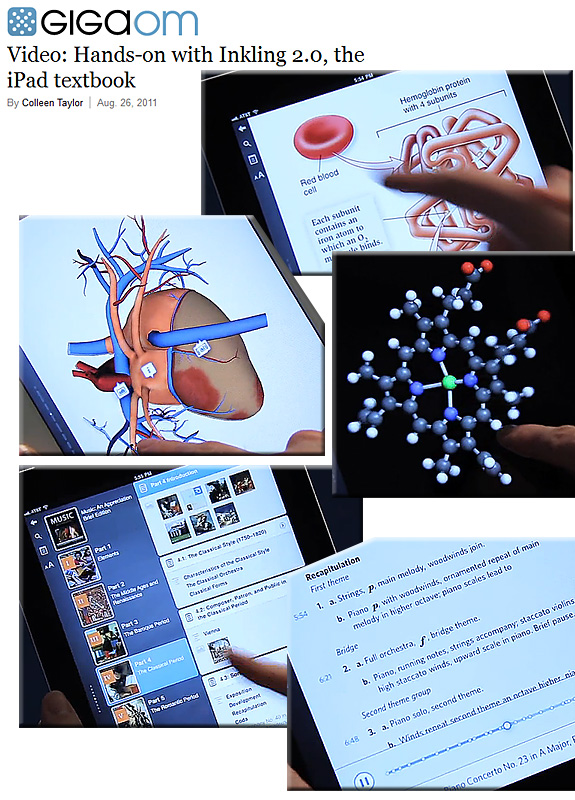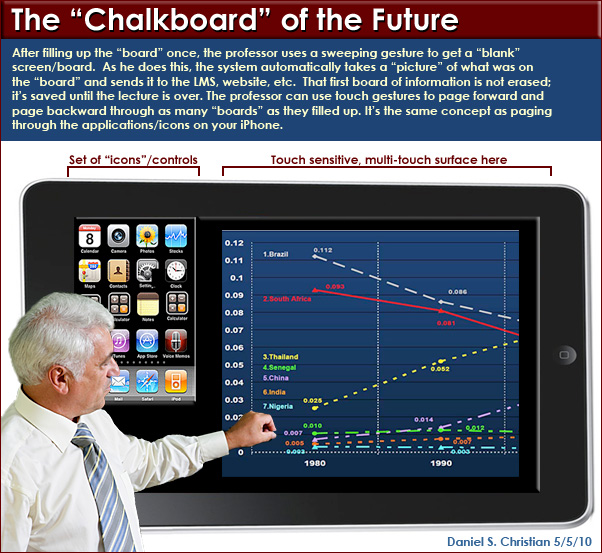- uTales: Crowdsourcing Children’s Book Publishing — from wired.com by Daniel Donahoo
Digital Publishing: Interlinking publishing’s future with jobs, books, social media, and English majors [11-2-11 presentation] — published with permission from Steven Chevalia [Steven is a senior at Calvin College and recently did an internship at Zondervan]
Agenda/topics covered:
- What is Digital Media?
- Legal Jargon (Sneak Peek)
- e-Readers
- Tablets vs. e-Readers
- e-Reading Software
- Books or Apps?
- Publishing [publishers / self-publishing]
Addendums later on 11/9/11:
The new normal? Challenges of leveraging the eBook opportunity in K-12 libraries — from The Unquiet Librarian by Buffy Hamilton
Also see:
Apple University will train executives to think like Steve Jobs — from good.is by Liz Dwyer
Excerpt:
If you want to honor Steve Jobs’ life by following in his entrepreneurial footsteps, forget heading to business school. The Los Angeles Times reports that an Apple team has been working on a top-secret project to create an executive training program called Apple University. The goal? To train people to think like Steve Jobs.
…
Apple refused to comment on the existence of Apple University, but the Times says that in 2008, Jobs “personally recruited” Joel Podolny, the dean of Yale Business School, to “help Apple internalize the thoughts of its visionary founder to prepare for the day when he’s not around anymore.” Apple analyst Tim Bajarin told the Times that, “it became pretty clear that Apple needed a set of educational materials so that Apple employees could learn to think and make decisions as if they were Steve Jobs.” Though the curriculum is still under wraps, Jobs himself oversaw the creation of the “university-caliber courses.” (emphasis DSC)
Also see:
Steve Jobs helped plan Apple University — an executive training program to help
Apple carry on without him. (Michael Robinson Chavez / Los Angeles Times / October 6, 2011)
From DSC:
If Apple were to choose to disrupt higher education, several other pieces of the puzzle have already been built and/or continue to be enhanced:
- Siri — a serious start towards the use of intelligent agents / intelligent tutoring
- An infrastructure to support 24x7x365 access and synchronization of content/assignments/files to a student’s various devices — via iCloud (available today via iTunes 10.5)
- iTunes U already has millions of downloads and contains content from some of the world’s top universities
- The internal expertise and teams to create incredibly-rich, interactive, multimedia-based, personalized, customized educational content
- Students — like employees in the workplace — are looking for information/training/learning on demand — when they need it and on whatever device they need it
- Apple — or other 3rd parties — could assist publishers in creating cloud-based apps (formerly called textbooks) to download to students’/professors’ devices as well as to the Chalkboards of the Future
- The iPad continues to be implemented in a variety of education settings, allowing for some seriously interactive, mobile-based learning
At the least, I might be losing a bit more sleep if I were heading up an MBA program or a business school…
Also see:
Adobe intros iPad app creator for InDesign — from The Journal by Kanoe Namahoe
Excerpt:
Adobe is looking to Single Edition to be an affordable way for freelance designers and organizations of any size to expand their digital publishing efforts, said Todd Teresi, vice president and general manager of Media Solutions at Adobe, in a prepared statement. ” Adding Single Edition to the Digital Publishing Suite family shows Adobe’s commitment to making digital publishing available to businesses of all sizes–from freelance designers to small design firms to large global publishers.”
Indiana U. helps shape economic terms of eText transition — from convergemag.com by Tanya Roscorla
Excerpts:
As course material shifts from print to digital, Indiana University advocates on behalf of students for lower prices, more choices and common software platforms.
…
Based on feedback from students and faculty, Courseload rewrote the platform in HTML5 this summer.
…
When the university asked students why they liked e-textbooks better, 69 percent cited instructor annotations, followed closely by sustainability, cost, weight of books and student annotations.
Presentations from the Digital Book 2011 Conference — from idpf.org with a special thanks going out to Mr. Steven Chevalia — who had pointed me to a great presentation by Liisa McCloy-Kelley:
Learning to Juggle and Picking the Right Balls
(AKA adapting organizations for the future of digital publishing)

Liisa McCloy-Kelley
VP, Director of eBook Production Strategy & Operations, Random House, Inc
Liisa McCloy-Kelley is VP, Director of eBook Production Strategy & Operations at Random House, Inc. where she has been an eyewitness to an evolution in the way that books are produced, marketed and sold for more than 20 years. She currently leads the team responsible for eBook development and production and keeps Random House on a focused strategic path for digital product development. She has spoken at a variety of conferences and has taught at Wellesley, NYU and Yale. As a digital book evangelist, she has given up reading in print form to become an expert in the variety of digital reading systems and the ways they can present content.
Example slide:
Also see:
- The page is no longer a cage – publishing books on iPad — from Mag+
- Publishing in the digital era [infographic] — from visual.ly
Addendum on 9-28-11:
- Everything you need to know about how to digitally self publish — from livingdigitally.net

Via: OnlineEducation.net
From DSC:
This graphic nicely illustrates how “textbooks” are morphing into “apps.”
Video: Hands-on with Inkling 2.0, the iPad textbook — from gigaom.com by Colleen Taylor; my thanks go out to Mr. Johnny Ansari for this resource
A screenshot from GigaOM’s video demo of Inkling 2.0
Excerpt:
This week, digital publishing startup Inkling debuted the 2.0 version of its software, which provides interactive, digital versions of college textbooks for the iPad.
The San Francisco-based startup is just down the street from GigaOM’s office, so I headed on over to Inkling headquarters on Thursday to get an in-person demo from the company’s Founder and CEO Matt MacInnis. In short: It’s so awesome it actually makes me want to buy college textbooks again, just to play with the app some more.
From DSC:
Why can’t these materials from publishers come right into an 8′ x 6′ “interactive whiteboard” (for lack of a better term) so that the professor can annotate/manipulate them in front of the classroom?
See:
and here









